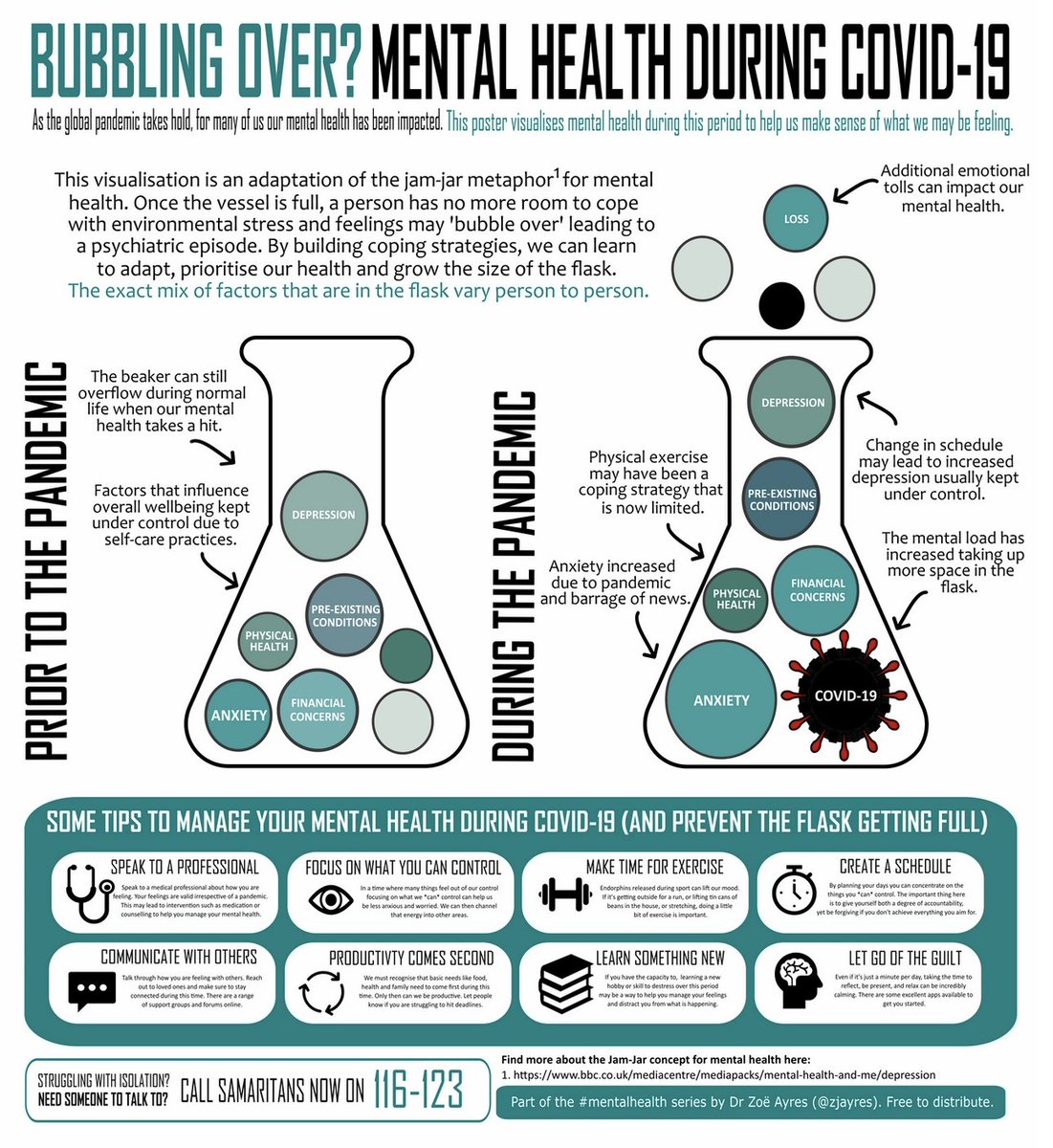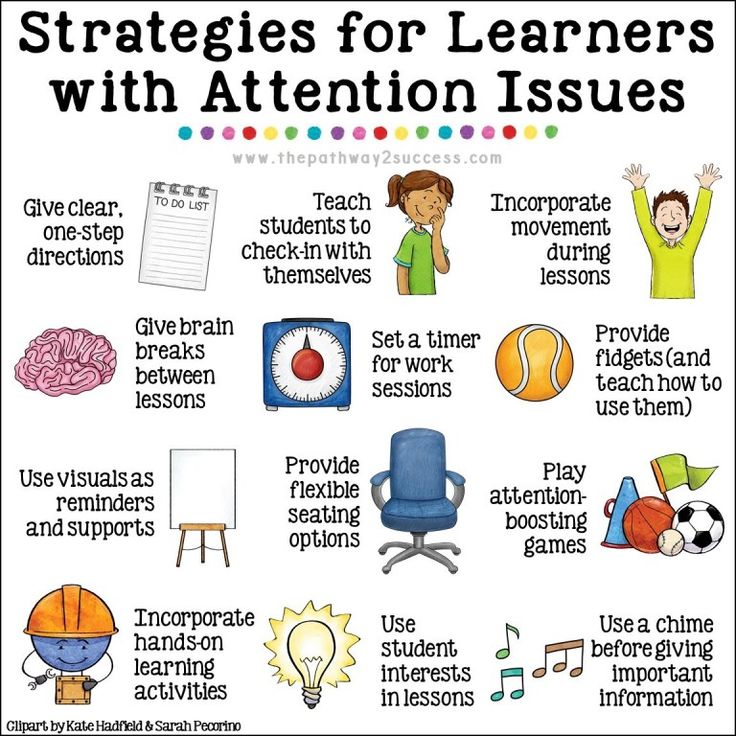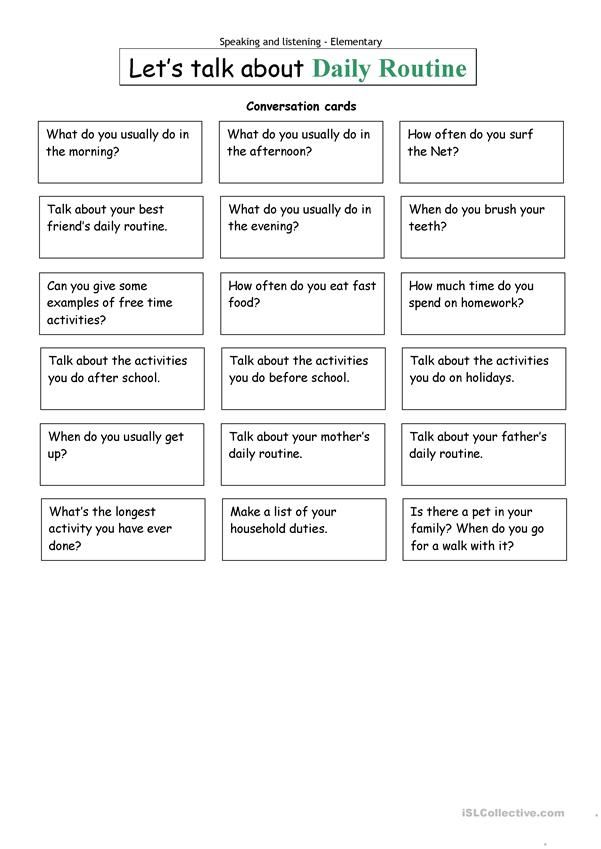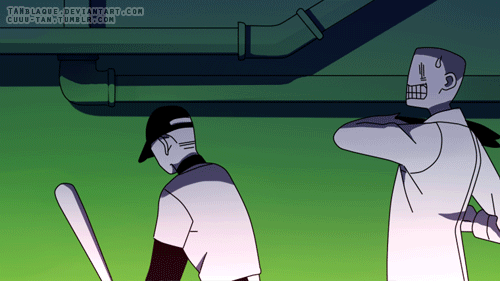Existential thoughts anxiety
What is existential anxiety?
Existential anxiety is a feeling of dread or panic that arises when a person confronts the limitations of their existence. Thoughts of death, the meaningless of life, or the insignificance of self, can all trigger existential anxiety.
People may feel overwhelmed, hopeless, and helpless. However, while existential anxiety can make life more challenging, it can also be a catalyst for growth and change.
This article looks at existential anxiety and how an individual can cope with it and regain peace of mind.
Existential thoughts are those that focus on the meaning and purpose of life and mortality. They can be positive or negative. However, people may perceive them as negative because they highlight the vulnerability of life.
Many people have existential thoughts at some point in their lives. However, some dwell on them more than others. Some may even experience an existential crisis, a period of intense reflection and anxiety about life’s purpose.
Existential thoughts are a natural part of the human experience. While they can be distressing, they can also be a source of comfort.
For some, they may provide a sense of purpose or meaning in an otherwise chaotic and unpredictable world. Others may find solace in the fact that everyone must face death someday.
Learn more about existential crises here.
Existential anxiety is a form of anxiety that arises from thinking about existence and the self. A person may have feelings of insecurity, dread, isolation, and loneliness. People may also experience a sense of emptiness or pointlessness.
A person may develop existential anxiety because of former acts or decisions, which trigger existential guilt or regret due to lost chances.
Some experts hypothesize that existential anxiety affects everyone and has three features:
- anxiety about fate and death
- anxiety of emptiness and meaningless
- anxiety about guilt and not living up to moral standards
Doctors may also refer to existential anxiety as an existential crisis.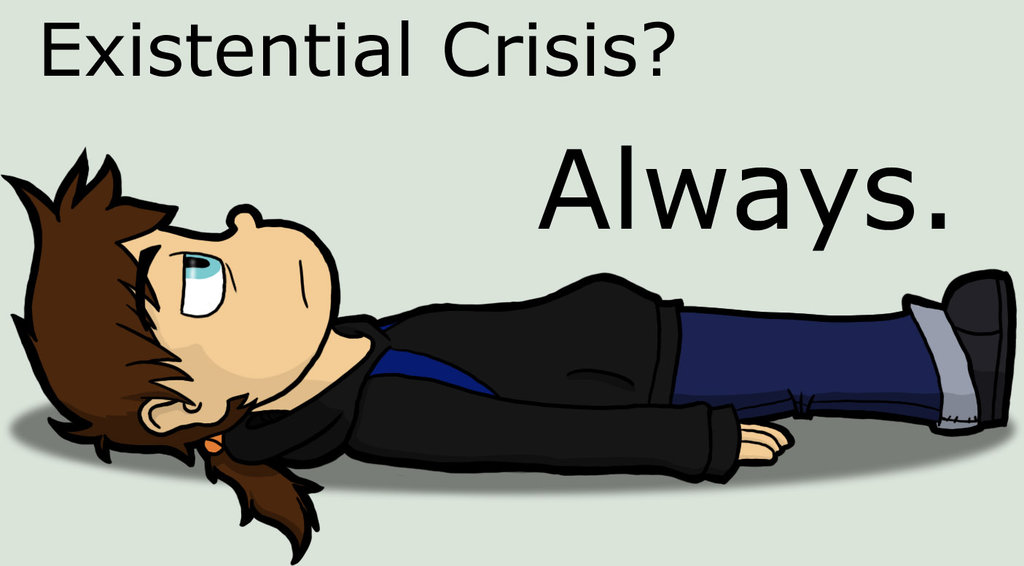
Anxiety is a natural stress response. It is a feeling of unease, worry, or fear about a future event. Everyone has feelings of anxiety at some point in their life. However, if someone experiences regular and disproportionate anxiety levels, they may have an anxiety disorder.
A person may experience anxiety because of specific events. Examples might include separation anxiety, social anxiety, or specific phobias of objects or situations.
In comparison, existential anxiety is more abstract and less tied to specific events or situations. Instead, it is a more general feeling of unease or dread about the entire human existence.
Learn more about different types of anxiety here.
People may experience existential anxiety very differently. The signs and symptoms may not be visible to others as the person internalizes them.
On the outside, an individual experiencing existential anxiety may appear completely calm. However, their mind may be in turmoil.
Some signs of existential anxiety may include:
- having difficulty making decisions
- feeling as though life is a struggle
- having painful emotions, such as despair or regret
- withdrawing from social activities or loved ones
- questioning beliefs
- experiencing panic attacks
There is no specific treatment for existential anxiety. The way to decrease symptoms is to examine and explore the feelings and accept that they are a normal part of life.
The way to decrease symptoms is to examine and explore the feelings and accept that they are a normal part of life.
A therapist can help individuals work through their emotions and existential anxiety.
Working with a therapist helps people learn more about themselves and understand the full range of their thoughts and feelings. This can help lessen the grip of anxiety and improve a person’s well-being.
People may find existential therapy particularly useful. This form of therapy is about helping people identify and embrace their freedom and the challenges of the human condition.
Logotherapy is another option. This therapeutic approach helps people find meaning in life. The focus is on the future and a person’s ability to endure hardship as they search for purpose.
Psychiatrist and psychotherapist Viktor Frankl developed the therapy after surviving Nazi concentration camps. He believed that the main motivation for humans is the desire to find meaning in life.
People can find a therapist by asking their primary care professional for recommendations.
There is no specific test to diagnose existential anxiety. Instead, a doctor may base their diagnosis on a person’s symptoms, thoughts, and feelings. They may also ask about the individual’s family history and relevant mental health conditions.
A doctor or psychiatrist may also perform a physical exam and order various blood tests to rule out other potential conditions that could cause the symptoms. For example, an individual may have an anxiety disorder or depression.
Existential anxiety is part of life for most people. It results from humans’ awareness of their mortality and the realization that life is ultimately uncertain.
While an individual may find existential anxiety overwhelming at times, it does not have to control a person’s life. A therapist can help someone understand and manage their anxiety.
Through therapy, a person can learn how to find meaning in their lives and cope with the challenges of being human.
Existential anxiety is a feeling of unease, dread, or apprehension associated with thoughts of death or the nonexistence of self.
It is a normal part of the human condition, and most people experience existential anxiety at some point. It happens because humans are aware of their mortality and realize that life is ultimately uncertain.
People may experience existential anxiety very differently. Some signs of existential anxiety may be difficulty making decisions, feeling like life is a struggle, withdrawing from social activities, and questioning beliefs.
There is no specific treatment for existential anxiety. The way to decrease symptoms is to examine and explore the feelings and accept that they are a normal part of life. Working with a therapist may help.
What is existential anxiety?
Existential anxiety is a feeling of dread or panic that arises when a person confronts the limitations of their existence. Thoughts of death, the meaningless of life, or the insignificance of self, can all trigger existential anxiety.
People may feel overwhelmed, hopeless, and helpless. However, while existential anxiety can make life more challenging, it can also be a catalyst for growth and change.
This article looks at existential anxiety and how an individual can cope with it and regain peace of mind.
Existential thoughts are those that focus on the meaning and purpose of life and mortality. They can be positive or negative. However, people may perceive them as negative because they highlight the vulnerability of life.
Many people have existential thoughts at some point in their lives. However, some dwell on them more than others. Some may even experience an existential crisis, a period of intense reflection and anxiety about life’s purpose.
Existential thoughts are a natural part of the human experience. While they can be distressing, they can also be a source of comfort.
For some, they may provide a sense of purpose or meaning in an otherwise chaotic and unpredictable world.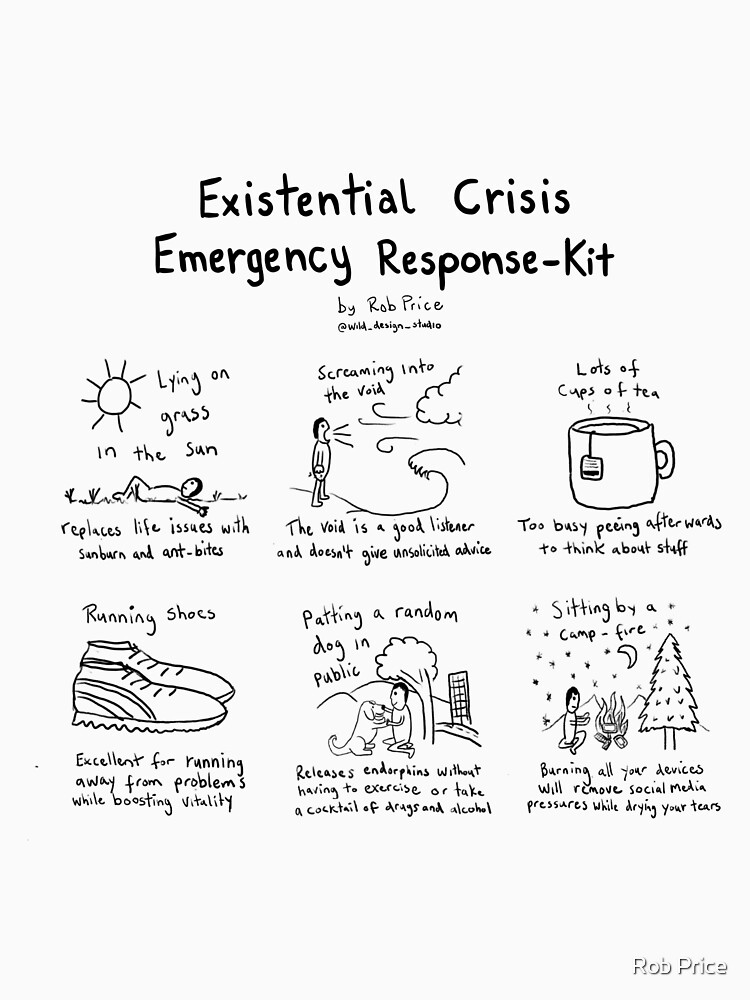 Others may find solace in the fact that everyone must face death someday.
Others may find solace in the fact that everyone must face death someday.
Learn more about existential crises here.
Existential anxiety is a form of anxiety that arises from thinking about existence and the self. A person may have feelings of insecurity, dread, isolation, and loneliness. People may also experience a sense of emptiness or pointlessness.
A person may develop existential anxiety because of former acts or decisions, which trigger existential guilt or regret due to lost chances.
Some experts hypothesize that existential anxiety affects everyone and has three features:
- anxiety about fate and death
- anxiety of emptiness and meaningless
- anxiety about guilt and not living up to moral standards
Doctors may also refer to existential anxiety as an existential crisis.
Anxiety is a natural stress response. It is a feeling of unease, worry, or fear about a future event. Everyone has feelings of anxiety at some point in their life.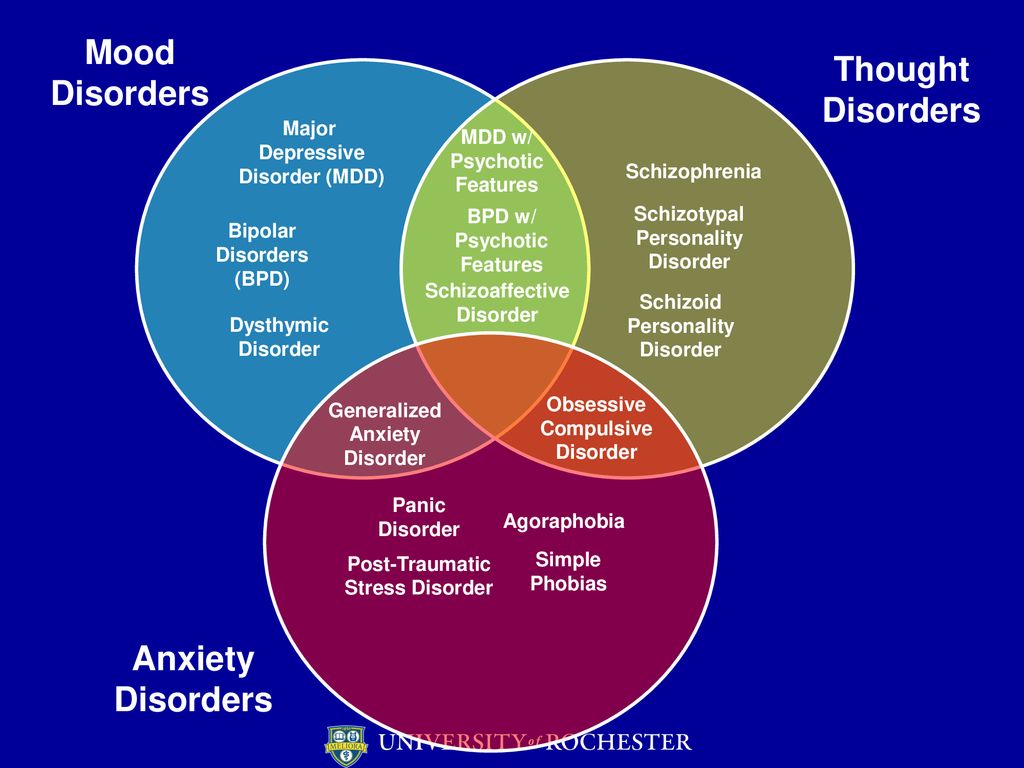 However, if someone experiences regular and disproportionate anxiety levels, they may have an anxiety disorder.
However, if someone experiences regular and disproportionate anxiety levels, they may have an anxiety disorder.
A person may experience anxiety because of specific events. Examples might include separation anxiety, social anxiety, or specific phobias of objects or situations.
In comparison, existential anxiety is more abstract and less tied to specific events or situations. Instead, it is a more general feeling of unease or dread about the entire human existence.
Learn more about different types of anxiety here.
People may experience existential anxiety very differently. The signs and symptoms may not be visible to others as the person internalizes them.
On the outside, an individual experiencing existential anxiety may appear completely calm. However, their mind may be in turmoil.
Some signs of existential anxiety may include:
- having difficulty making decisions
- feeling as though life is a struggle
- having painful emotions, such as despair or regret
- withdrawing from social activities or loved ones
- questioning beliefs
- experiencing panic attacks
There is no specific treatment for existential anxiety.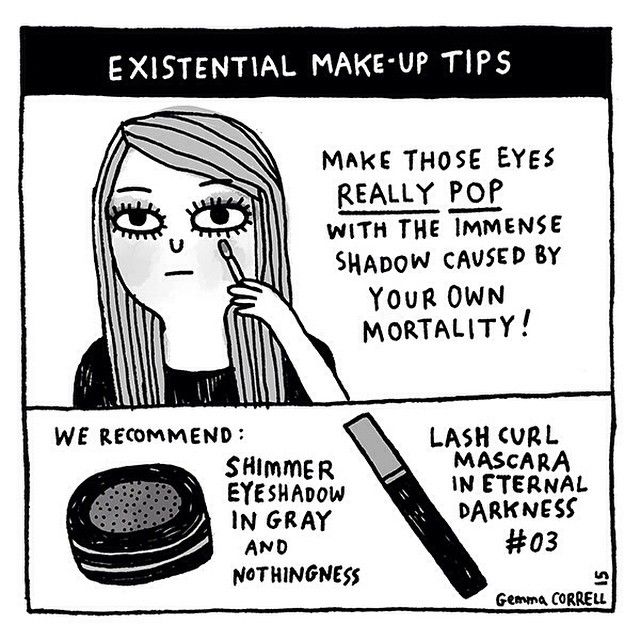 The way to decrease symptoms is to examine and explore the feelings and accept that they are a normal part of life.
The way to decrease symptoms is to examine and explore the feelings and accept that they are a normal part of life.
A therapist can help individuals work through their emotions and existential anxiety.
Working with a therapist helps people learn more about themselves and understand the full range of their thoughts and feelings. This can help lessen the grip of anxiety and improve a person’s well-being.
People may find existential therapy particularly useful. This form of therapy is about helping people identify and embrace their freedom and the challenges of the human condition.
Logotherapy is another option. This therapeutic approach helps people find meaning in life. The focus is on the future and a person’s ability to endure hardship as they search for purpose.
Psychiatrist and psychotherapist Viktor Frankl developed the therapy after surviving Nazi concentration camps. He believed that the main motivation for humans is the desire to find meaning in life.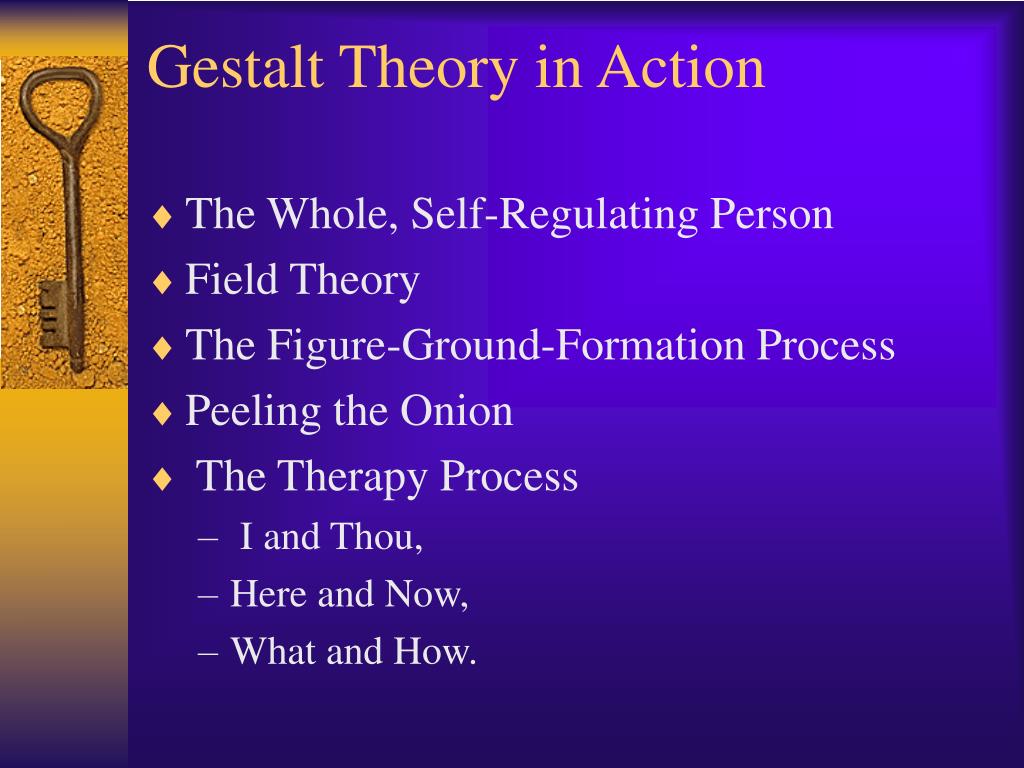
People can find a therapist by asking their primary care professional for recommendations.
There is no specific test to diagnose existential anxiety. Instead, a doctor may base their diagnosis on a person’s symptoms, thoughts, and feelings. They may also ask about the individual’s family history and relevant mental health conditions.
A doctor or psychiatrist may also perform a physical exam and order various blood tests to rule out other potential conditions that could cause the symptoms. For example, an individual may have an anxiety disorder or depression.
Existential anxiety is part of life for most people. It results from humans’ awareness of their mortality and the realization that life is ultimately uncertain.
While an individual may find existential anxiety overwhelming at times, it does not have to control a person’s life. A therapist can help someone understand and manage their anxiety.
Through therapy, a person can learn how to find meaning in their lives and cope with the challenges of being human.
Existential anxiety is a feeling of unease, dread, or apprehension associated with thoughts of death or the nonexistence of self.
It is a normal part of the human condition, and most people experience existential anxiety at some point. It happens because humans are aware of their mortality and realize that life is ultimately uncertain.
People may experience existential anxiety very differently. Some signs of existential anxiety may be difficulty making decisions, feeling like life is a struggle, withdrawing from social activities, and questioning beliefs.
There is no specific treatment for existential anxiety. The way to decrease symptoms is to examine and explore the feelings and accept that they are a normal part of life. Working with a therapist may help.
Existential anxiety and the formation of identity - Monoclair
Headings : Latest articles, Psychology
Did you find something useful here? Help us stay free, independent, and free by making any donation or purchasing some of our literary merchandise.
What is existential anxiety and why do we have it? How is it related to our unconscious and authenticity? Why and in what ways do we avoid it, calm down, pretending that it does not exist? After all, what can such a calm lead to? Says practicing psychotherapist Maxim Pestov.
Psychotherapy often questions the quality of a person's presence in one's life. This unusual formulation of the question - as if a person and his life are not identical to each other - emphasizes the non-obviousness of answers from a subjective position. Let us recall, for example, the well-known definition of certain musical styles. It is known that the blues is when a good person feels bad, and rap is when a bad person feels good. Without hurting anyone's musical preferences, I would venture to conclude that subjective experience is always included in a larger context. I want to immediately add - and deep. What is this context? Suppose that this is the context of the existential dimension, that is, the space where the ultimate life circumstances unfold.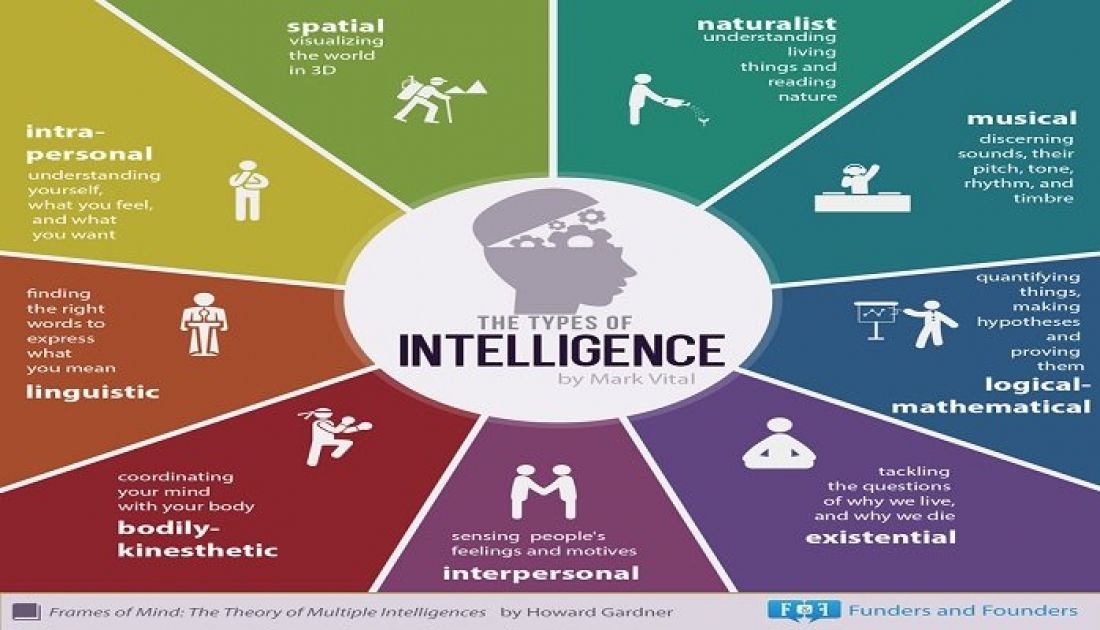 Those that concern each of us and which are found on the wrong side of any individual event.
Those that concern each of us and which are found on the wrong side of any individual event.
Reading on the topic
- Abraham Maslow: "Existential psychology - what does it have for us?"
- "Most unfortunate": Soren Kierkegaard on the unenviable fate of man
One of the important existentials (that is, the very circumstance) is the state of existential anxiety. It is very difficult to describe it without using other constructs, such as meaninglessness, uncertainty, hopelessness, and others, expressing the absence of any support outside the personality. In other words, the essence of this anxiety is that a person can rely only on himself, and this does not give him peace at all. Existential anxiety is an anxiety that is not exhausted, it is bottomless and can only be “beaten” in one way, which I will discuss below. Existential anxiety expresses one simple idea - no choice is absolutely correct and final, no position provides perfect guarantees and preferences. In a state of this anxiety, there is a feeling that life is going to hell and there is nothing to cling to to interrupt this inevitable fall. This state cannot be canceled, since it turns out to be the ultimate given of our being.
In a state of this anxiety, there is a feeling that life is going to hell and there is nothing to cling to to interrupt this inevitable fall. This state cannot be canceled, since it turns out to be the ultimate given of our being.
What remains to be done in this situation and can anything be done at all if this fall is inevitable? Of course, you can, moreover, we own this art almost to perfection. In order to get rid of the paradox that threatens to form at this moment, let us recall where we started from - with the imaginary identity of the subject and his life. In fact, my life and what I think about it, as a rule, are completely different things. There is nothing wrong with this, moreover, it is a normal form of organization of mental life. And all because a person has an unconscious and therefore my Ego or Self is always smaller than myself, because I am the Ego plus the unconscious. Therefore, neurotics who recognize the presence of the unconscious in themselves, who allow their unconscious to be, are the mental norm.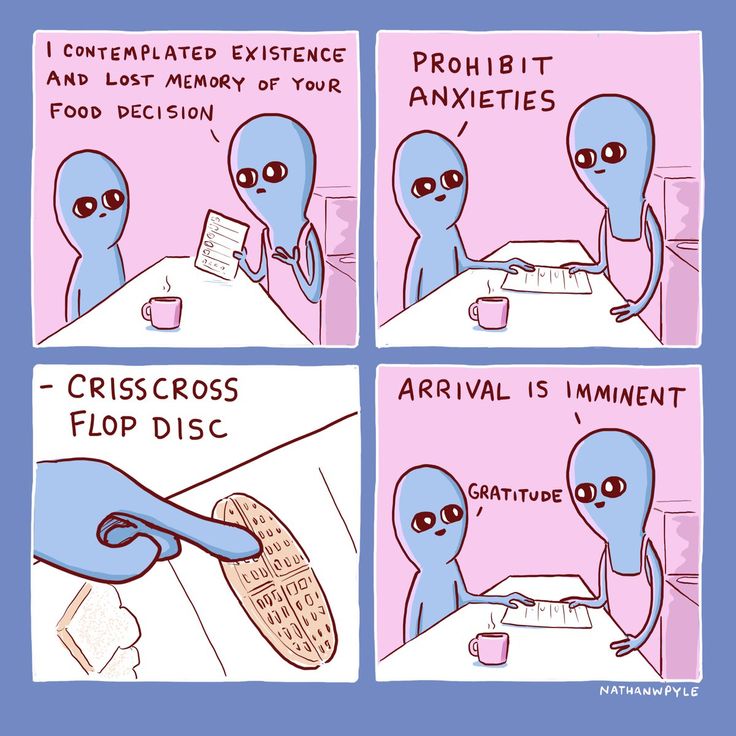
Let's start from this formulation and come to the following assumption - people who consider themselves mentally healthy tend to merge with their idea of themselves and thereby exclude the unconscious from their experience. Thus entering the path of identification of yourself and your life. But isn't that a good thing to strive for? Let's try to figure out what is "good" and what is "bad" here. On the one hand, being equal to one's self-image is very useful - a person becomes completely understandable and transparent for himself, cheerful and socially active, he is always aware of his desires and performs only useful deeds. On the other hand, this understanding becomes its own limitation, since there is no place left from which the question can come. As a result, he becomes boring for himself, and boredom, as you know, is the threshold of anxiety, which nevertheless does not come, since the skill of combating boredom is one of the first arts that he masters. It seems that a person needs a certain gap in the conscious and the gaping of an irreparable lack, which cannot be completely compensated, but thanks to which development becomes possible.
One can either endure existential anxiety, that is, live with it, having it in mind every day, or calm down, pretending that it does not exist. This is best done with the support of something external, that is, with the help of identification. We identify with something that we approve of, become what we think has the necessary qualities, and fix ourselves in a puzzle of these appropriated similes. The price we pay is the price of existential anxiety, which inevitably subsides because through identification with something external, we move away from this experience. We cease to experience anxiety, since our identified image is alienated from that which is capable of experiencing the approach to existential limits. Here it is appropriate to recall Heidegger, who said that the calming of anxiety means the transition from authentic being to non-authentic .
In this story, the unconscious turns out to be the very beacon that does not allow you to get too far away from yourself. The unconscious is that which is inalienable from us, in contrast to what we are accustomed to calling the conscious self-image. It is, one might say, the core of our existence. Anxiety, in turn, turns out to be its pulsation in the dimension of consciousness, since anxiety is that which eludes symbolization, which always reminds us of the instability and incompleteness of any certainty that we cling to. Anxiety manifests itself as an objectless phenomenon, it has no addressee; we can also say that anxiety has no grounding, it seems to hang us in the air and makes us look for points of support. Through anxiety, something important asks to come out, anxiety shakes up the familiar fabric of being, looking for folds and breaks in it.
The unconscious is that which is inalienable from us, in contrast to what we are accustomed to calling the conscious self-image. It is, one might say, the core of our existence. Anxiety, in turn, turns out to be its pulsation in the dimension of consciousness, since anxiety is that which eludes symbolization, which always reminds us of the instability and incompleteness of any certainty that we cling to. Anxiety manifests itself as an objectless phenomenon, it has no addressee; we can also say that anxiety has no grounding, it seems to hang us in the air and makes us look for points of support. Through anxiety, something important asks to come out, anxiety shakes up the familiar fabric of being, looking for folds and breaks in it.
Then it turns out an interesting thing. The perfectly logical desire to settle down once and for all, and thereby gain stability, actually turns out to be a way to abandon oneself in favor of an imaginary refuge in which there is nothing but inauthentic identifications. Most of the time, this succeeds. Here things are the same as in the case of addiction, where death comes faster than the inevitable disappointment in avoiding anxiety. At the same time, there is no reward for refusing such an attempt, at least in the field of consciousness. Therefore, there is nothing left but to trust that which has no rational justification, since this is precisely what indicates the approach to the center of individual being. Returning to the title of the text, existential anxiety creates a gap between identity and what is behind its background, so that finality is not achieved. Anxiety, like an earthquake, destroys the structures of identity and nullifies all results and achievements, calling for the creation of existence anew and from scratch.
Most of the time, this succeeds. Here things are the same as in the case of addiction, where death comes faster than the inevitable disappointment in avoiding anxiety. At the same time, there is no reward for refusing such an attempt, at least in the field of consciousness. Therefore, there is nothing left but to trust that which has no rational justification, since this is precisely what indicates the approach to the center of individual being. Returning to the title of the text, existential anxiety creates a gap between identity and what is behind its background, so that finality is not achieved. Anxiety, like an earthquake, destroys the structures of identity and nullifies all results and achievements, calling for the creation of existence anew and from scratch.
Cover: Edvard Munch The Scream (1893) / Wikimedia Commons.
Monoclere is an independent project. We do not have investors, advertising, paywalls - only ideas and knowledge that we want to share with you.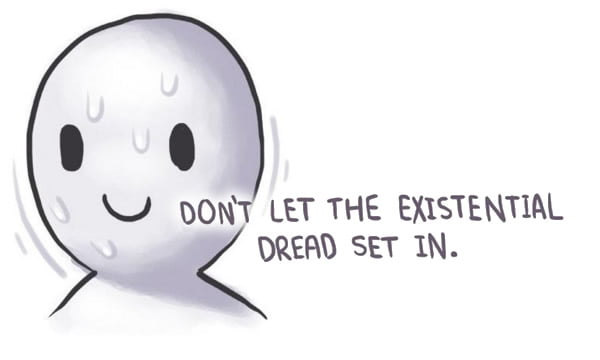 But we can't do it without your support. By donating or purchasing some of our literary merchandise, you will help us stay free, free, and open to all.
But we can't do it without your support. By donating or purchasing some of our literary merchandise, you will help us stay free, free, and open to all.
If you find an error, please highlight the text and press Ctrl+Enter .
Identity Psychology psychology, Exusableism
9000 9000 9000 9000
“Axiety makes sense”: How is it to find it?
Anxiety is not only an enemy, but also a teacher: it can show the way to an authentic existence. I. Yalom
Psychologists and philosophers of the existential trend say that existential anxiety is a companion of a person throughout his life. It is connected with feelings about the four inevitable givens of being:
-
freedom,
-
isolation,
-
senselessness,
-
death.
All other experiences flow from them.
At first glance, it may seem that we are worried about colds and coughs, late deadlines and problems at work, the inability to influence external events and the decisions of loved ones.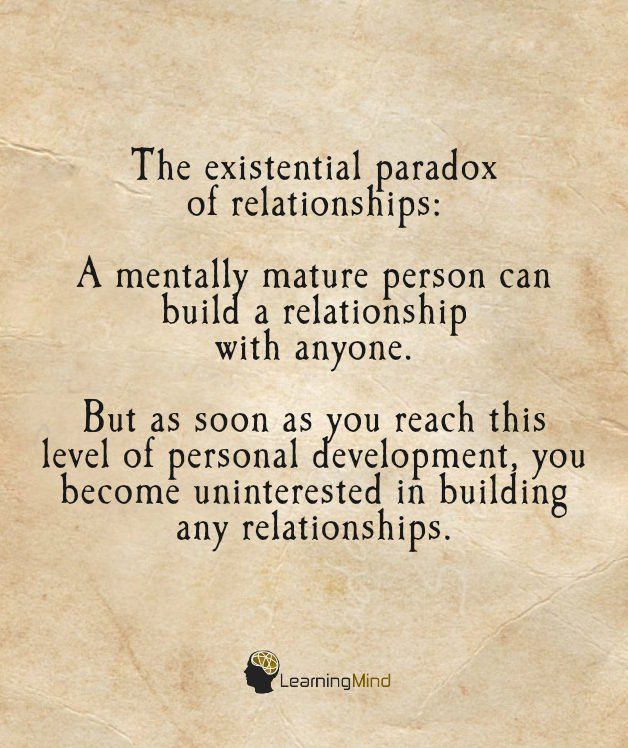 However, most likely, these anxieties hide the very fears for one's life, freedom and values.
However, most likely, these anxieties hide the very fears for one's life, freedom and values.
This is hard to grasp because existential fear is not on the surface. In addition, our psyche can "cunning" and build defense mechanisms, skillfully masking the primary anxiety and leading away from the true cause. The inevitable finiteness of life, the absence of given meanings and the complete isolation of the existence of each of us - this is what consciousness does not want to face in its pure form. Therefore, the psyche transforms anxiety about them into something simpler.
Nevertheless, their awareness is necessary for the true and full living of one's life. There is only one way to do this - to find the courage to follow the anxiety and listen to what it says.
Heralds fear
Existential psychologist Rollo May said that "any anxiety tends to become fear." In philosophy, the regularity of this human thought was called the movement "from nothing to something", that is, from uncertainty to a focus on a specific object: for example, illness, spiders, height or death.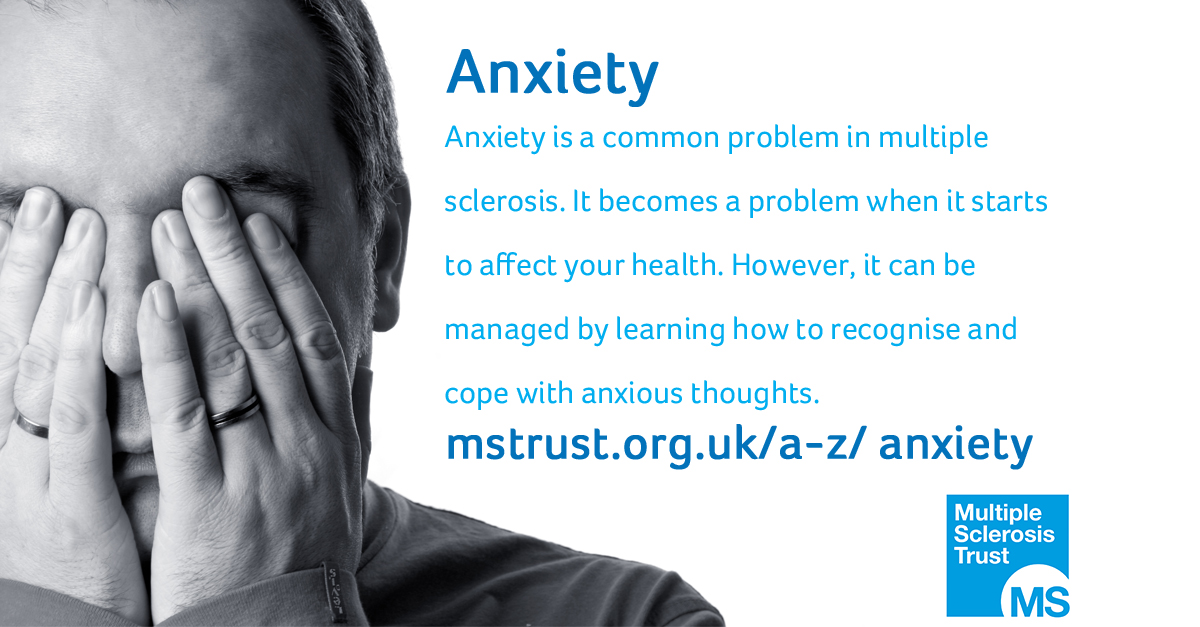
The object of anxiety is always hidden from the psyche. Fear has a clear object. When the reason becomes obvious to us, we can begin to act: remove the symptoms of temporary “anesthesia” in the form of building up defense mechanisms, repression, rationalization, and others, or get in touch with them, live and rethink.
Think: what does your anxiety say? What does it indicate? What does it teach? What fear seeks to become?
Try to find the real source of your anxiety. Imagine the worst case scenario in the context of actual experiences. What do you ultimately fear when you worry about problems at work or in relationships? Try to look closely at the detected fear, feel it and feel it.
Signals about unfulfillment
A person is afraid of death the more, the less he truly lives his life and the greater his unrealized potential. I. Yalom
If it turns out that your anxiety is connected with the fear of death, then this may indicate dissatisfaction with life, unrealized potential, the presence of regrets about missed opportunities.
Think about things you don't do but could and would like to. Conversely, what do you do that you don't really want to do? Are you really doing what matters to you in life? Would it suit you if the way you live now stays that way forever?
Indicates a decision to be made
Anxiety exists where there is an opportunity to create - to create oneself, striving to become oneself, and also to be a creator in countless everyday activities. R. May
Anxiety not only indicates dissatisfaction with life, but also pushes for change, speaks of the need to change, adapt, make decisions and choose.
The existential psychologist Salvatore Maddi said that the choice is always limited to two options: in favor of one's past or in favor of the future.
The first option is the simplest and is not associated with high anxiety. It requires the least effort and change: it is a choice in favor of stability, security and comfort. However, with it, we remain in place or roll back. The second option is associated with risk, unpredictable changes, anxiety and fear of the unknown. However, it can lead to development and growth, move forward.
The second option is associated with risk, unpredictable changes, anxiety and fear of the unknown. However, it can lead to development and growth, move forward.
Think about the choices you can't make up your mind about. Why are you afraid to take responsibility? How long are you willing to delay this decision? Imagine the consequences of making a choice in favor of the past, and how will you feel about making it? Imagine the consequences of a choice in favor of the future, think about how you will feel here? Rate both solutions.
Being stuck in a borderline state can also be uncomfortable. If you cannot make a decision for a long time, think about the finiteness of being. Look at what point in your life path you are now and how much time from this segment you are still willing to spend on it.
Gives an incentive for development
Whoever has a “why” to live, will be able to withstand any “how”. F. Nietzsche
Anxiety makes us experience existential crises for a reason.

